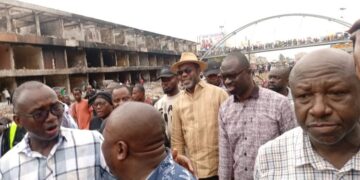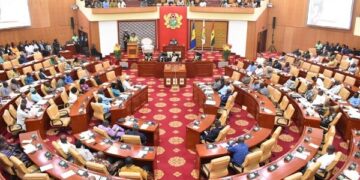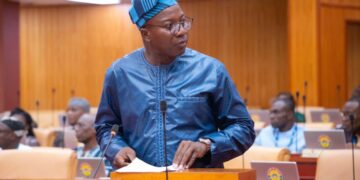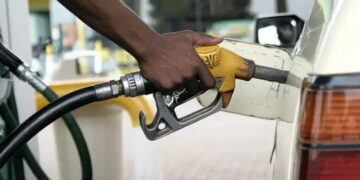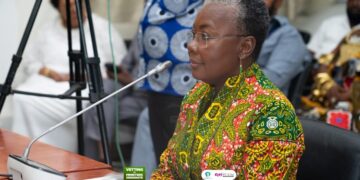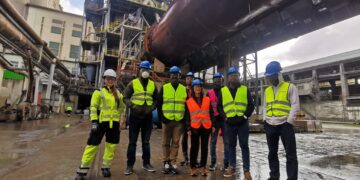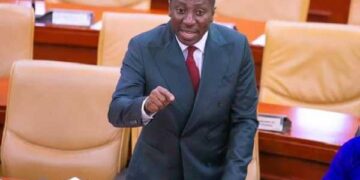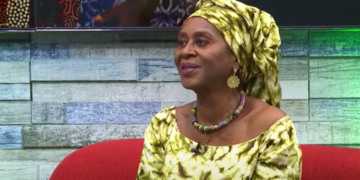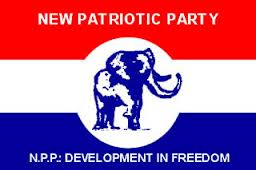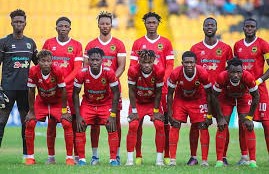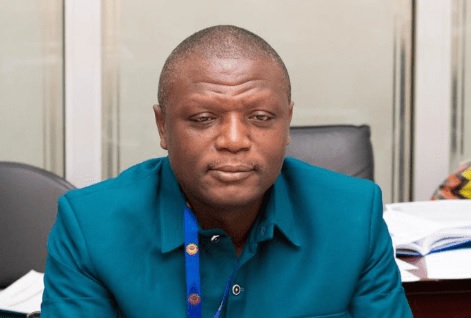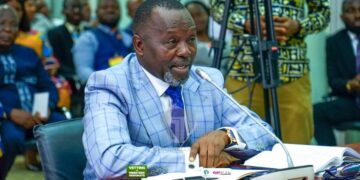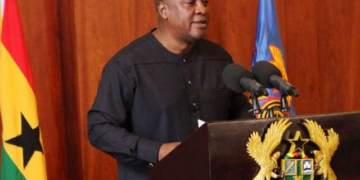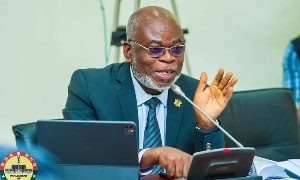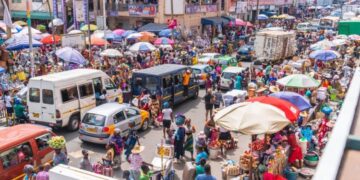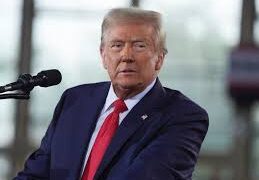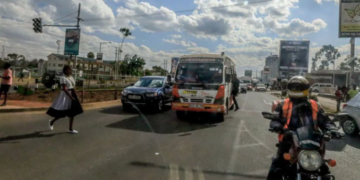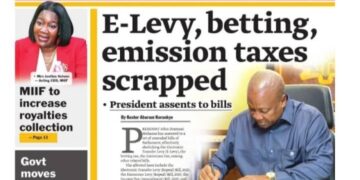Operators in the Water, Sanitation and Hygiene (WASH) sector have welcomed introduction of the Sanitation and Pollution Levy (SPL) by the government in the 2021 Budget.
The Environmental Services Providers Association (ESPA) and Coalition of NGOs in Water and Sanitation (CONIWAS) have commended the President and urged support for the levy.
In view of the importance of the levy for the efficient management of waste in the country, ESPA and CONIWAS have decided to undertake extensive media engagement to emphasize its importance and how beneficial it will be to the sector.
In addition, the Jospong treatment plants will also be opened to the media to tour these facilities to appreciate and help inform Ghanaians better in order to ensure projects already started by private sector players will be supported by the government.
ESPA has described the levy as a piece of welcoming news following several years of calling on governments to find a solution for sustainable finance for environmental sanitation in the country.
It indicated that the money may be insufficient but it is a good place to start because one of the biggest challenges in the WASH sector is the sustainability of service delivery and achieving sustainable finance of water and sanitation in low-income communities.
“Another challenge is the provision of adequate funds for managing sustainable sanitation infrastructure.” “Focus is mostly on one-off investment by donors, who almost exclusively concern themselves with the capital expenditure costs, which may cover construction costs or capacity building among others: but national governments and communities are left to pay for management, recurrent costs.”
Financing the operation and maintenance of pro-poor WASH services, the operators argued, can come from three basic sources namely tariffs, taxes and transfers.
The move by the government, ESPA notes, therefore conforms with best practice and urged government to support the private sector to continue projects that have been started and avoid bringing onboard others.
It pointed out that this should be in line with government’s plan to consolidate gains in the waste management sector and complete ongoing projects and continue its flagship programmes.
ESPA pointed out that introduction of the levy demands the setting up of a National Sanitation Agency to manage the funds, monitor its disbursement and provide regulatory support for sector players.
Caretaker Minister for Finance, Osei Kyei-Mensah-Bonsu, who presented the 2021 Budget to Parliament indicated that notwithstanding the progress government has made in the areas of sanitation and pollution, there is still a lot more to be done.
These include improving urban air quality and combat air pollution; support the re-engineering of landfill sites at Kpone and Oti; support fumigation of public spaces, schools, health centres and markets; and revamp/reconstruct poorly managed landfill facilities, sanitation facilities, treatment and disposal sites and many other needed facilities.
These, he indicated, are all very critical investments that have to be made for the benefit and dignity of all Ghanaians to ensure sustainable sanitation management, improve the quality of life and reduce the number of deaths and diseases from poor sanitation.
According to him, to provide the requisite resources to address these challenges and fund these activities, the government proposed the Sanitation and Pollution Levy (SPL) of 10 pesewas on the price per litre of petrol/diesel under the Energy Sector Levies Act (ESLA).
MyPublisher24.com/Osumanu Al-Hassan


